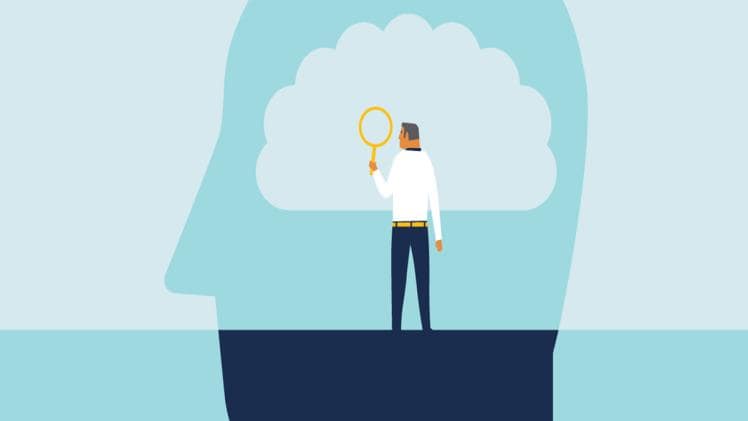Medics define a concussion as an injury that’s not life-threatening, since it isn’t a visually severe one. However, even after concussions, cognitive issues, memory loss, and emotional changes can still occur later in life. It’s important to note that if you feel like you’ve suffered a concussion, you should check with a concussion treatment center to get properly screened.
What Is A concussion?
A concussion occurs when a blow, jolt, or bump to the head causes the brain to move back and forth. This is usually caused by a car accident, a fall, or a sports injury.
Can Concussion Cause Depression?
The effect of concussion on the patient remains for a longer time which includes weeks to a lifetime depending on the intensity of concussion. This is known as post-concussion syndrome. Only a small percentage of people are affected by post-concussion syndrome because of a traumatic head injury.
Post-concussion syndrome can cause depression that interferes with a patient’s daily life. Some of the reasons for the association of depression with concussion are:
● Emotional Trauma
Sometimes an event that leads to concussion becomes a trauma for the patient leaving marks in the patient’s mind. Such patients who experience a severe traumatic event replay the event in their mind, which leads them to depression and anxiety.
● Physical Changes In The Brain
The impact to the brain during a traumatic condition affects the physical parts of the brain, including the hypothalamus, hippocampus, amygdala, and limbic cortex. This disruption leads to hormonal imbalance which can affect energy levels, mood, and other areas of their lif.
● Taking a Mental and Physical Rest
Recovery from a concussion includes taking rest for more extended periods without doing any challenging work that might cause a patient to develop stress and depression.
Treatment For Concussion
You have to deal with concussions as soon as possible because the longer you delay treatment, the more severely you will be affected. Following a concussion, you should see a trained practitioner who can help you with your symptoms. Changes in vision, lack of consciousness, unusual behavior, headaches, dizziness, and blurred vision are all symptoms of head concussion.
In addition to medicines, going for a non-invasive treatment like vestibular rehabilitation may help you treat your symptoms. Along with external treatments, you should also rest as much as possible. Failure to do so can aggravate your symptoms or delay improvement of your symptoms.
Wrapping Up
Head concussion is initially paid less attention as in some conditions, there are no immediate symptoms and everything seems fine. However, later in life it causes severe symptoms that affect both the patient and his family members. Therefore it is important to visit your physician if you have a concussion to avoid any future difficulties.
Read more about: teachingh
You should visit this site: magazinewallet.com

